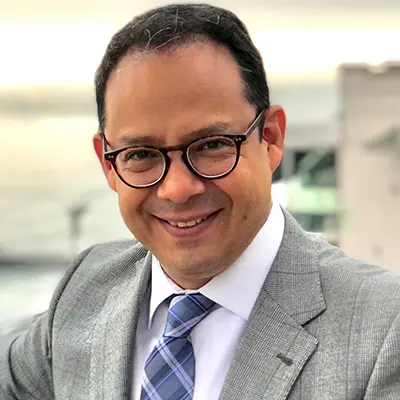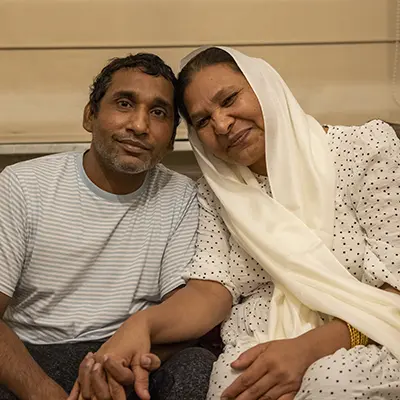- Representatives Jim Jordan and Thomas Massie pen letter to U.S. Department of State, stating “WHO Agreement may contravene the First Amendment”.
- ADF International engaged in Geneva-based negotiations; spearheading global advocacy to ensure pandemic treaty upholds freedom of expression.
WASHINGTON DC (20 May 2024) – In a letter to the U.S. Department of State addressed to Secretary of State Antony Blinken, U.S. Representatives Jim Jordan (R-OH) and Thomas Massie (R-KY) raise concerns with the prospect of the United States joining the pending World Health Organization Pandemic Agreement citing concerns that, “certain provisions within the WHO Agreement may contravene the First Amendment”.
It was announced on May 10th that intergovernmental negotiations on the treaty, slated to be adopted at the upcoming World Health Assembly in Geneva at the end of May, had stalled given persistent issues in the text.
Representatives Jordan and Massie state that they are writing “in response to reports that the State Department is considering entering the United States into a multinational agreement that would encourage censorship of so-called ‘misinformation’ and ‘disinformation’”. Representative Jordan is the Chairman of the House Committee on the Judiciary, and Representative Massie is the Chairman of the House Subcommittee on the Administrative State, Regulatory Reform, and Antitrust.
This letter follows a previous communication from the lawmakers to the State Department on April 18th, requesting documentation from the State Department. In the current communication, the lawmakers provide a list detailing the documentation they are requesting from the State Department. They request that the State Department provide its communications on the WHO Agreement and International Health Regulations.
Sean Nelson, legal counsel for ADF International, stated: “ADF International has been engaged in the Geneva-based negotiations of the WHO Pandemic Agreement with the goal of ensuring that the treaty in no way diminishes fundamental freedoms enshrined in international law. In particular, we have focused our advocacy efforts on working with Member States to reject dangerous speech-suppressing language in the text.
Whether the treaty succeeds or fails is for Member States to decide. The United States, and all WHO Member States, should carefully evaluate the human rights implications of the treaty in their deliberations. As such, we commend Representatives Jordan and Massie for advocating for transparency from the State Department on behalf of the free speech rights of all Americans. The United States should never promote censorship and should be the strongest advocate for free speech around the world”.
WHO Pandemic Treaty Background
Over the last months, ADF International has warned that the agreement could severely restrict freedom of expression—a fundamental human right that encompasses the right to impart, seek and receive information under international law. ADF International’s legal teams in Geneva and Washington D.C. have highlighted the potential human rights implications of the WHO Pandemic Agreement and offered legal advocacy to key stakeholders.
An earlier version of the text required “management” of so-called “infodemics,” defined as “too much information … during a disease outbreak” causing “confusion” as well as “mistrust” in health authorities, regardless of the veracity of the information in question. A more recent version of the agreement included language mandating parties to “cooperate, in accordance with national laws, in preventing misinformation and disinformation,” essentially granting individual states the discretion to define which information fits within these categories, and potentially censor it.
Global advocacy efforts to protect free speech yielded fruits as the latest proposal for the WHO Pandemic Agreement removed the vague mandates for parties to “prevent” misinformation and disinformation. However, persistent issues of contention remain, including notably, a lack of adequate language protecting national sovereignty. The text has not been finalized as Member States debate the way forward.
There also are concerns that censorship language regarding “misinformation” and “disinformation” could be inserted into related international documents, such as the International Health Regulations.
For more on ADF International’s WHO Pandemic Agreement advocacy see here.













